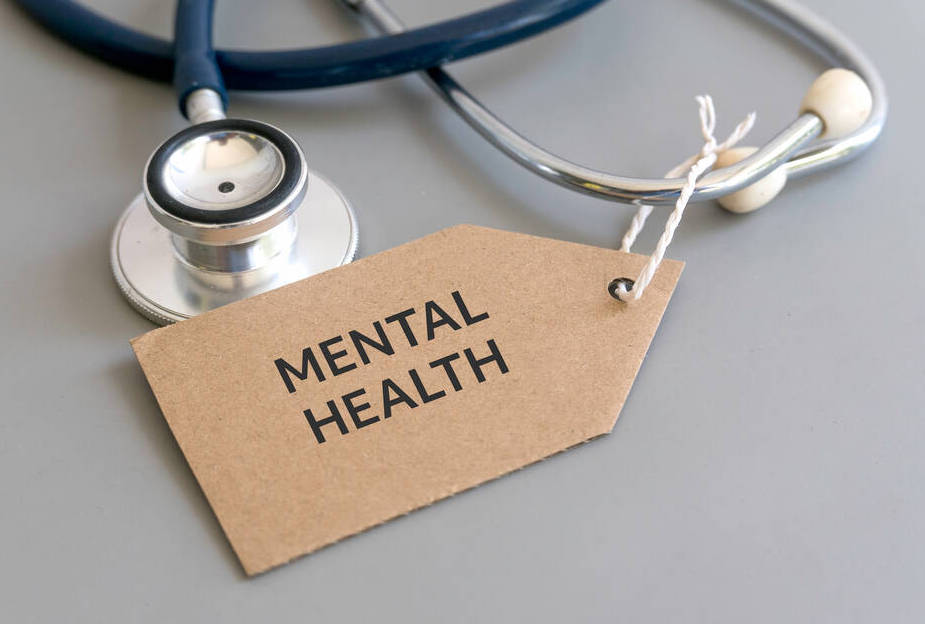Last Updated on 18/02/2025 by James Anderson
Here’s a comprehensive Mental Health FAQ to address common questions, concerns, and provide guidance:
Are Mental Illness and Intellectual Disability the Same?
No, mental illness and intellectual disability (previously known as mental retardation) are not related. Mental illness does not affect a person’s intelligence. While many individuals with developmental disabilities may not have any psychiatric issues, individuals with mental illnesses can be very intelligent. The two are distinct conditions with separate causes and symptoms.
How Common is Mental Illness?
Mental illness ranks as the second leading cause of disability in the U.S. after heart disease. According to the U.S. Surgeon General, about 24% of adults and 21% of children in the U.S. experience a mental disorder each year. For instance, nearly 2.6 million people face schizophrenia, and around 21 million adults deal with mood disorders such as major depression and bipolar disorder annually. Mental illness impacts approximately one in five American families, typically starting between ages 15 and 25, often during adolescence and young adulthood.
How Can I Get Help for Mental Health Concerns?
If you or a loved one is struggling with mental health issues, begin by speaking with someone you trust, such as a family member, friend, clergy, or healthcare provider, for guidance. They may recommend a mental health specialist, treatment program, or agency like ModUP.
Is Mental Illness Treatable?
While there is no complete cure, mental illnesses are highly treatable and manageable with medication and therapy. Early intervention is critical for minimizing symptoms and reducing the impact of the illness. With access to effective treatment, most people living with severe mental health conditions can manage symptoms and lead fulfilling lives. Around 65% to 85% of individuals experience symptom improvement and a better quality of life through a combination of medication and psychosocial support.
General Warning Signs of Mental Illness
Signs of mental illness can vary by individual, type, and severity, but generally include a combination of the following:
- Persistent sadness or hopelessness
- Confused thinking or poor concentration
- Excessive fear, worry, or guilt
- Withdrawal from social situations
- Sleep disturbances
- Hallucinations or delusions
- Difficulty handling daily stress
- Extreme mood swings or anger
- Substance abuse
- Suicidal thoughts
What Causes Mental Illness?
The exact cause of mental illness is unknown, but several factors can increase risk:
- Genetics: Mental illness is more common in those with a family history of mental disorders.
- Biological Factors: Brain injuries or prenatal exposure to harmful substances may contribute.
- Life Experiences: Environmental factors like trauma, poverty, and neglect may trigger symptoms.
- Brain Chemistry: Chemical imbalances in the brain can affect mood and mental function.
What is Bipolar Disorder and What Are the Symptoms?
Bipolar disorder, also known as hard depression, is a chronic condition that causes significant mood swings. Symptoms may include:
- Elevated or irritable mood
- Increased energy and activity
- Racing thoughts and rapid speech
- Risky or impulsive behaviors
- Decreased need for sleep without fatigue
What Constitutes a Serious Mental Illness?
According to federal guidelines, serious mental illness involves conditions that significantly impact daily functioning, such as major depression, schizophrenia, bipolar disorder, OCD, panic disorder, and PTSD.
Understanding Depression and Its Symptoms
Major depression is a persistent mental health condition that can deeply affect thoughts, behavior, and physical health. Symptoms may include:
- Loss of energy or prolonged sadness
- Decreased interest in activities
- Feelings of guilt, worthlessness, or hopelessness
- Sleep and appetite changes
- Suicidal thoughts
What is Mental Illness?
Mental illness is a complex brain disorder that affects people of all ages and backgrounds. It’s not contagious or due to personal weakness; instead, it’s biologically based, similar to conditions like heart disease or diabetes.
What is Schizophrenia?
Schizophrenia is a severe mental health disorder impacting thinking, emotions, and behavior. Symptoms generally fall into three categories:
- Positive Symptoms: Hallucinations, delusions, or paranoia.
- Negative Symptoms: Emotional flatness, lack of pleasure, or limited speech.
- Cognitive Symptoms: Impaired thinking processes, difficulty prioritizing tasks, and memory issues.
ModUP is committed to providing compassionate, expert support and a range of treatment options for individuals dealing with mental health issues.
Modafinil is a wakefulness-promoting medication primarily prescribed for conditions like narcolepsy, sleep apnea, and shift work sleep disorder. However, it has gained interest for off-label uses, particularly in enhancing mental alertness, focus, and mood.
‼️ Disclaimer: The information provided in this article about modafinil is intended for informational purposes only and is not a substitute for professional medical consultation or recommendations. The author of the article are not responsible for any errors, omissions, or actions based on the information provided.
References:
- Mental health. Who.int . 2022
- Health and Well-Being. World Health Organization. 2023
- About Mental Health. U.S. Centers for Disease Control and Prevention (CDC). 2022
- Mental Health. MedlinePlus. U.S. National Library of Medicine. 2019
- Public Health Agency of Canada. canada.ca. 2021
- GBD Results. Global Health Data Exchange (GHDx). Institute of Health Metrics and Evaluation. 2022


